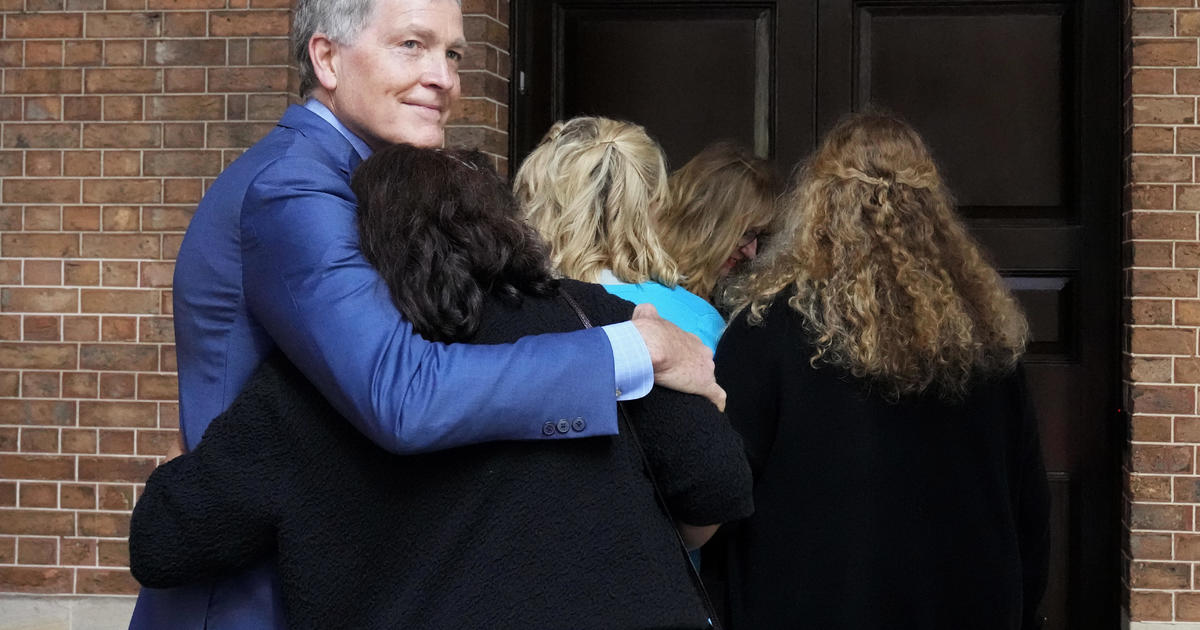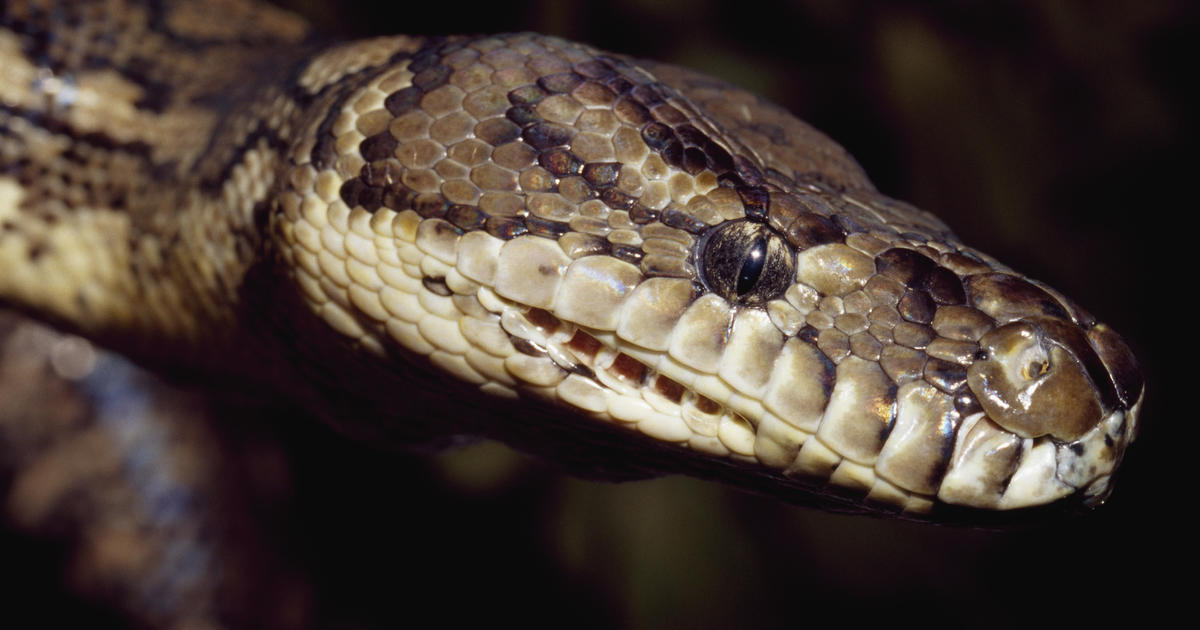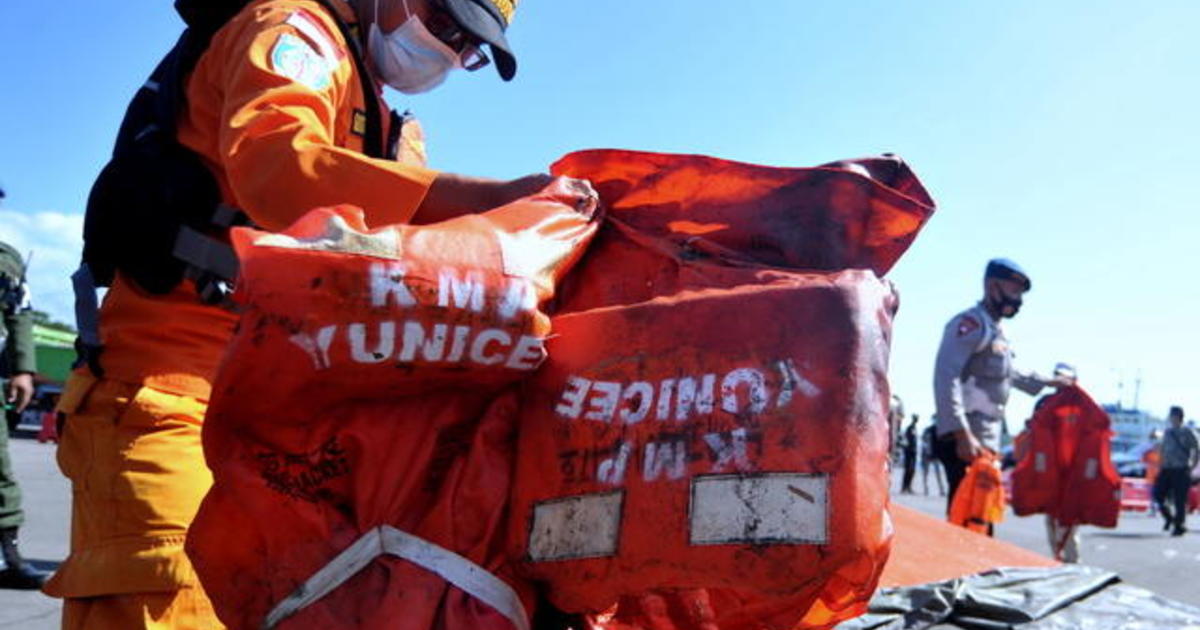[ad_1]
A special commission heard evidence on Wednesday regarding unsolved deaths tied to more than 40 years of anti-gay hate crimes in Australia’s most populous state, where police were notoriously indifferent to such violence.
The Special Commission of Inquiry into LGBTIQ Hate Crimes in New South Wales is the “first of its kind anywhere in the world,” a lawyer assisting the inquiry, Peter Gray, said at the hearing’s outset in Sydney.
“All these lives, of every one of these people, mattered. They mattered to them, to their loved ones, and ultimately to all of us. And their deaths matter,” Gray said. He added that responses from Australian society and its institutions, including police, to anti-gay violence and killings were historically “lacking.”
“This special commission, by shining a light on everything that is known and can be found out about what happened, will aim to provide some recognition of the truth,” he said.
For five months, a team of independent attorneys reviews more than 100,000 documents from police files and other sources spanning four decades, the commission said in a note posted to its website, for information about anti-gay hate crimes and killings. Families of people targeted by these crimes have also been asked to contact the commission.
Violence against gay men in Sydney was particularly prevalent from the mid-1980s until the early 1990s due to increased hostility and fear stemming from the AIDS epidemic, according to a previous report by ACON, a nonprofit organization that focuses on health issues affecting LGBTQ people and people living with HIV.
Almost half of the 88 “gay hate” and “anti-gay bias” deaths in New South Wales between 1976 and 2000 occurred in that period, the report said.
They include Scott Johnson, a 27-year-old Los Angeles-born mathematician whose fatal fall from a Sydney clifftop in 1988 was initially dismissed by police as suicide.
His killer, Scott White, 52, was sentenced in May to 12 years in prison after pleading guilty to murder.
White last week appealed in the New South Wales Court of Criminal Appeal against that conviction, which was based on his guilty plea that surprised his lawyers during a pretrial hearing in January. The trial judge rejected the defense lawyers’ application to withdraw his plea.
Gray said because Johnson’s death was still before the courts, his case would not be part of the new investigation.
Rick Rycroft / AP
Johnson’s murder was one of several suspicious deaths highlighted in Australian media since the early 2000s in reports on violence against LGBTQ people.
Australian attitudes toward LGBTQ people changed rapidly in the late 20th century.
In 1958, then-New South Wales Police Commissioner Colin Delaney described homosexuality as the “greatest social menace” in Australia.
The state decriminalized gay sex in 1984 but enacted a so-called “gay panic defense” to charges of murder and other violent crimes until 2014. Also known as the “homosexual advance defense,” a criminal could use the victim making a sexual approach as a partial defense.
The ACON report was mirrored by a police report on the same 88 deaths between 1976 and 2000. Both reports were published in 2018. ACON considers 30 of the 88 deaths still “unsolved.”
The police report only considered 86 deaths, excluding a death that occurred interstate and another that was under active criminal investigation. The police considered only 23 of the 86 cases to be unsolved.
A parliamentary inquiry then widened the timeframe by examining what it described as “gay and transgender hate crimes” between 1970 and 2010. That inquiry found the police force “failed in its responsibilities to properly investigate cases of historical gay and transgender hate crime,” undermining LGTBQ confidence in the criminal justice system.
That inquiry last year recommended the establishment of the current judicial inquiry with powers to force witnesses to testify.
The new inquiry, led by New South Wales Supreme Court Justice John Sackar, will re-examine the 86 deaths during the 24-year window and make its own determination about which ones remain unsolved.
The inquiry has also examined New South Wales files of more than 700 unsolved murders and more than 500 missing persons from 1970 until 2010 for potential gay hate and anti-gay bias killings.
The inquiry must report by June 30. Gray called for anyone with information about suspicious LGTBQ deaths to come forward.
“Justice in these cases has been long-delayed and long-awaited,” Gray said.
“This may be the last chance for the truth about some of these historical deaths to be exposed. We need to hear from anyone who can help us do that,” he added.
Police have made efforts in recent years to mend relations with the LGTBQ community.
Police apologized in 2016 for violently arresting and beating 53 activists who marched at Sydney’s first Gay and Lesbian Mardi Gras in 1978. Police now officially take part in the iconic annual event.
“Our relationships today, I would say, are positive and progressive. That was certainly not the case in 1978,” Police Superintendent Tony Crandell said in 2016.
[ad_2]





